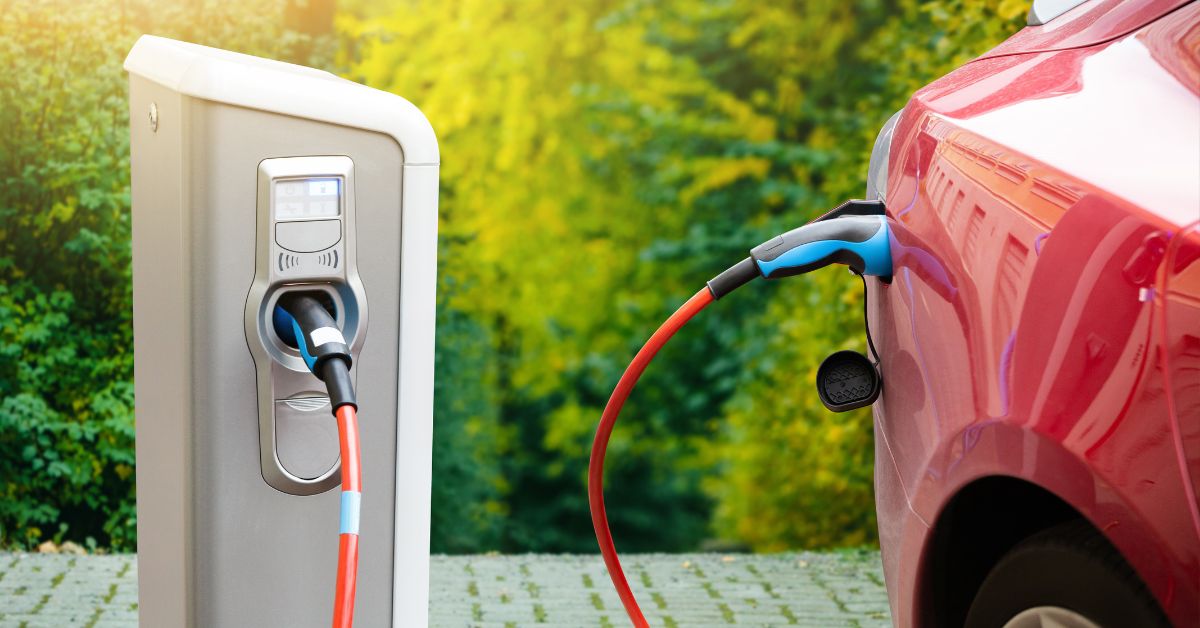Electric vehicle (EV) charging stations.
The process of establishing EV charging hubs varies significantly from one country to another.
In Germany, for instance, delays occurred, includina months-long holdup for a hub due to regulations protecting a single tree, and a 10-month wait for approval for one located along a busy highway, subjected to a noise evaluation.
ChargeUp Europe, an industry group, noted that while the Commission acknowledges permitting challenges, it has not proposed concrete tools or actions. Specific guidelines to expedite permitting in member states are anticipated within the next two years, according to the plan’s timeline. This bottleneck is impeding the deployment of charging hubs across the 27-member bloc, jeopardizing EU targets to phase out petrol and diesel vehicles and hindering broader climate goals.
The Commission, in response, acknowledged the time barrier for connecting EV recharging points to the grid and emphasized the need to address it.
According to Reuters, the setup duration for a fast EV station has increased from six months to an average of two years in recent years, as companies navigate a complex web of rules from federal to municipal levels, as reported by four EV charging companies and the industry’s representative.
The electrification of transportation stands as a crucial element supporting the EU’s objective of achieving carbon neutrality by 2050. To realize this goal, the EU plans to prohibit the sale of CO2-emitting vehicles by 2035 and aims to establish an extensive network of electric vehicle (EV) charging stations.
10A 13A 16A Adjustable Portable EV Charger Type1 J1772 Standard
Post time: Dec-05-2023









